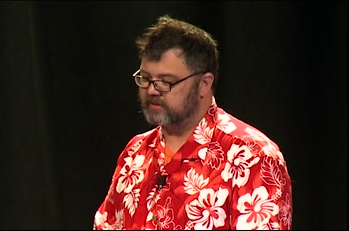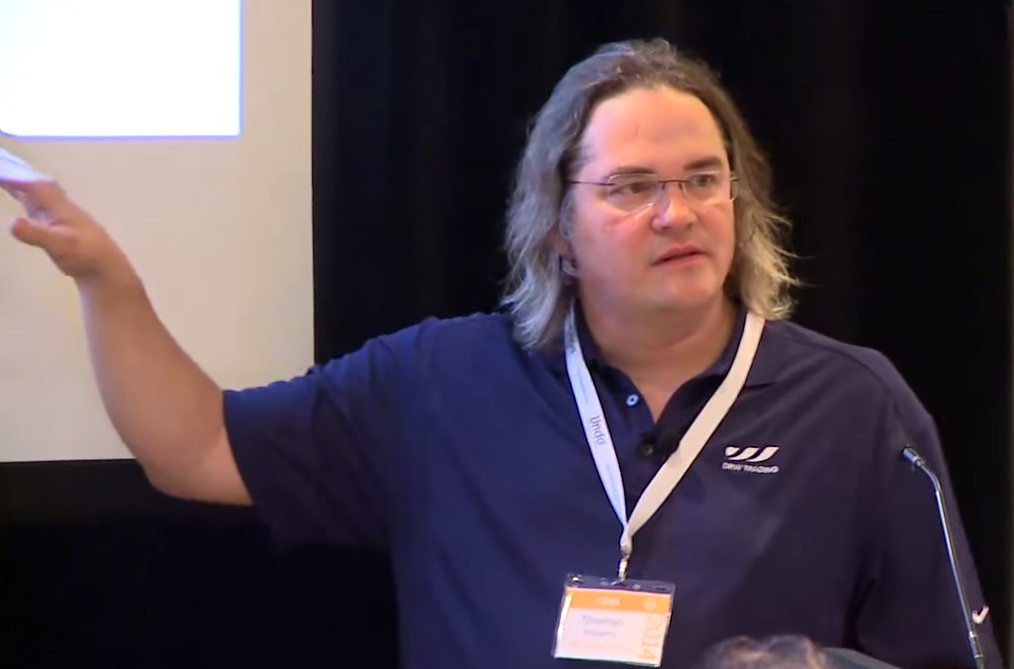Experimenting with a Proposed Standard Drawing Library for the C++ language -- Eric Mittelette
 Today on MSOT:
Today on MSOT:
Experimenting with a Proposed Standard Drawing Library for the C++ language
by Eric Mittelette
From the article:
Back in July, Michael McLaughlin, Herb Sutter, and Jason Zink submitted to the ISO an updated proposal to standardize a 2D Graphics API for the C++ programming language. The ISO C++ Committee will evaluate the proposal for the possible inclusion of these new features in the next versions of the specification.
Given MS Open Tech’s historical interest in cross-platform graphics development, we took a closer look. In an attempt to familiarize with the API from the perspective of a C++ developer, we developed a sample app that we just contributed to Michael’s github repository. In the sections below, we share some salient aspects of how this new crop of Graphics experiences built with “straight” C++ could be written, only a few years from now!

 Christophe Riccio gives us an interesting point of view for a library author and shares the latest status of some compilers:
Christophe Riccio gives us an interesting point of view for a library author and shares the latest status of some compilers: While we wait for CppCon 2015 in September, we’re featuring videos of some of the 100+ talks from CppCon 2014. Here is today’s feature:
While we wait for CppCon 2015 in September, we’re featuring videos of some of the 100+ talks from CppCon 2014. Here is today’s feature: